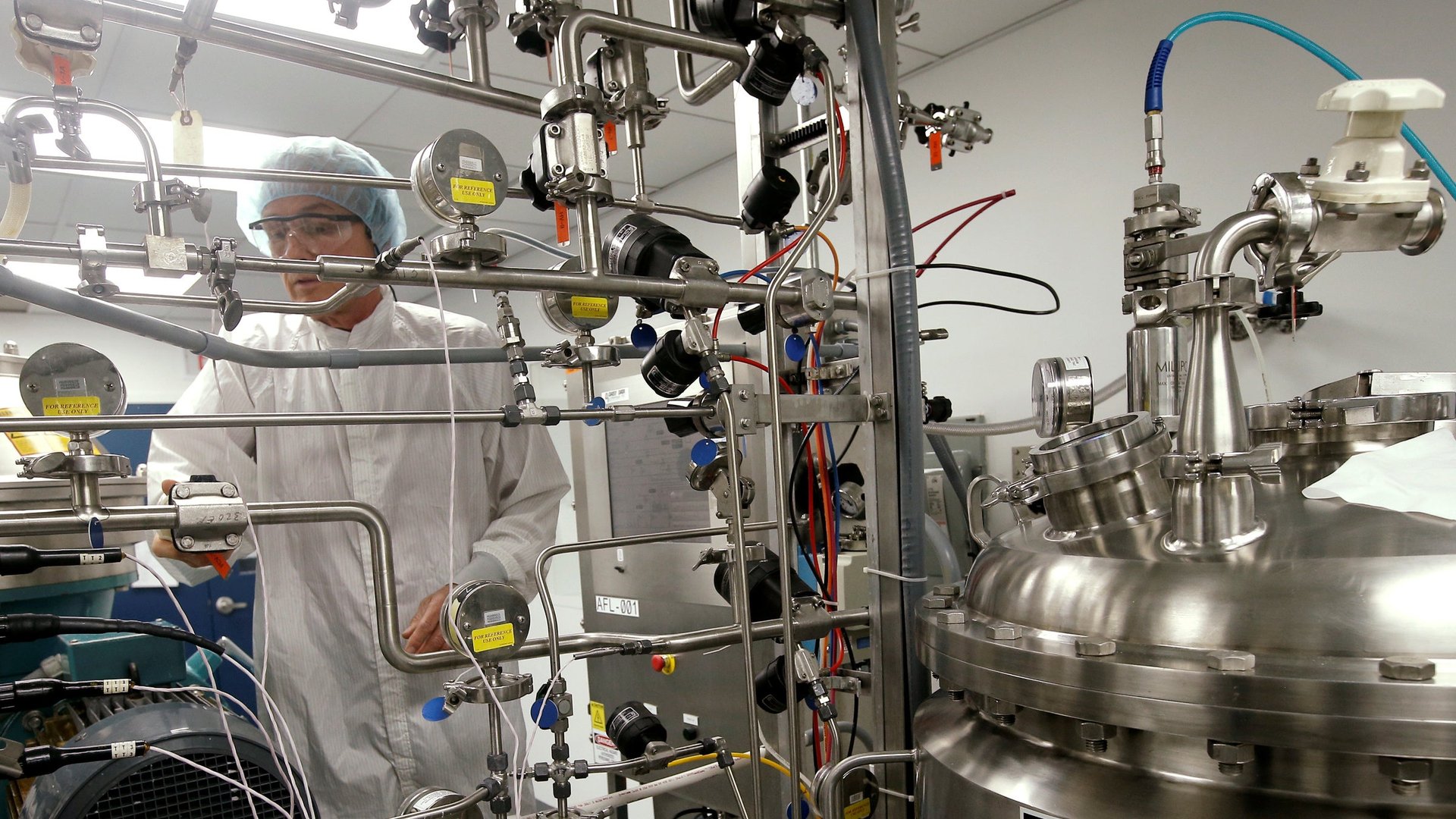The US senate accidentally killed the key R&D tax credit for businesses
In their scramble to get a tax cut bill over the line, Republican senators have accidentally repealed one of the most beloved tax breaks, a credit for research and development.


In their scramble to get a tax cut bill over the line, Republican senators have accidentally repealed one of the most beloved tax breaks, a credit for research and development.
The popular credit lowers taxes on companies that spend money developing new technologies or processes to make their businesses—and the economy at large—more productive. It was not terminated outright, but rather through a bit of fuzzy thinking about how different parts of tax law interact.
One compromise that won the senate bill more votes was deeper tax cuts on business income that is “passed through” to the personal income tax by sole proprietors or partners. To help make up the difference, the senate kept in place the corporate alternate minimum tax, or AMT.
Currently, businesses must calculate their taxes in two different ways: under a 35% top rate, and also under the stricter AMT, which ignores most breaks and has a top rate of 20%. The business pays whichever is higher. This is designed to ensure that profitable firms can’t use creative accounting to avoid all of their tax obligations.
Because of the wide gap between the current rates, the corporate AMT rarely effects business today. However, the senate bill reduced the top, regular corporate tax rate to 20%. Because that is the same level as the AMT, any attempts to use the R&D tax credit—or many others—will be void, since it will be difficult to wind up with a regular tax bill that is lower than the AMT.
Since many businesses already pay a tax rate in the low 20% range thanks to tax breaks, the bill delivers a much smaller tax cut than they had anticipated. Executives have noticed.
“What the Senate did, in their befuddled mess, is drove me out of business and then bragged about the fact that they got some tax reform passed,” Robert Murray, CEO of the largest privately-held coal mining company in the US, told the Wall Street Journal over the weekend. “This is not job creation. This is not stimulating income. This is driving a whole sector of our community into nonexistence.”
This week, legislators from both the House and Senate are meeting to iron out the differences in their bills; it is likely that this problem will be fixed under pressure from angry business leaders like Murray.
But that in turn will have other consequences, with Republicans continuing their embrace of higher deficits under the bill or alienating potential voters by finding other ways to reduce the costs of their cuts. Over the weekend, president Donald Trump suddenly floated the idea of a 22% corporate tax rate, which would give lawmakers more wiggle room to maintain cuts on high earners.
However, the other signal from this episode is that there are likely many more unintended surprises lurking in the hastily drafted legislation, ones which may not be caught in conference. “Because of the necessarily sloppy drafting of this legislation, if it becomes law, Treasury will be writing regulations and Congress will be enacting technical corrections for years,” tax expert Martin Sullivan wrote last week.